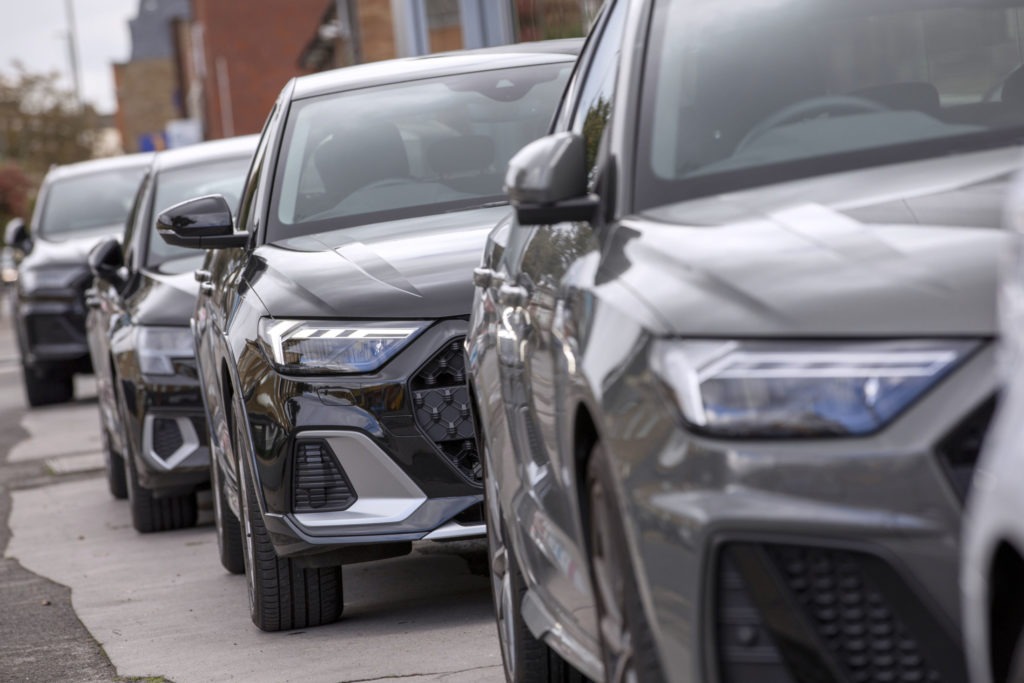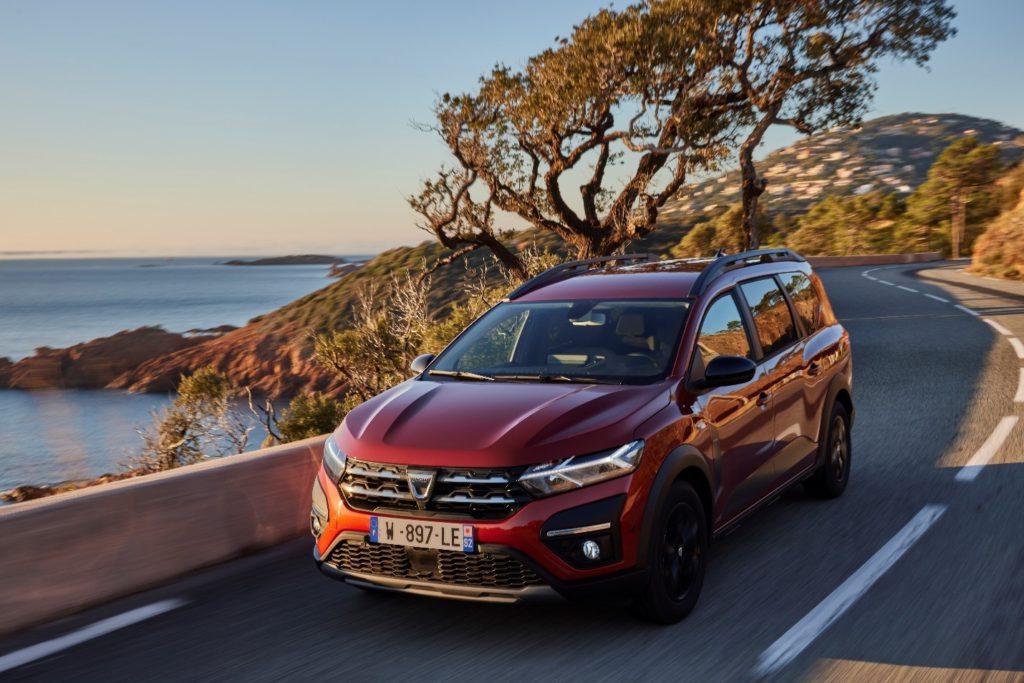Market prioritisation sees UK suffer worst March registrations since 1998
05 April 2022

Passenger-car registrations in the UK declined in March, despite it traditionally being one of the country’s best months as new plates are released. Supply-chain shortages have led to some carmaker prioritising consumer sales over fleets, leading to reduced sales.
The latest data from the Society of Motor Manufacturers and Traders (SMMT) shows that 243,479 new cars were registered in the UK last month, down 14.3% compared to 2021. This was the worst March performance since 1998, the last year before registration plates went from changing once a year to twice.
The SMMT highlighted that around 20% of the UK’s total yearly new-vehicle registration figures are recorded in March, meaning the result is hugely disappointing for an automotive industry struggling with various challenges. The figure is even worse when last year’s COVID-19 showroom closures are taken into consideration. Semiconductor shortages and the Ukraine war have played a part in stunting vehicle supply, meaning slower deliveries to customers.
Although the March performance of the UK market is better than in France, Italy, and Spain, Autovista24’s calculations show that the seasonally-adjusted annualised rate (SAAR) dropped to 1.26 million units, its lowest level since May 2020 echoing market conditions on the continent. With this in mind, Autovista24 has downgraded its forecast for 2022 to a year-on-year increase of just 5.4%. This is down from the previous forecast of 11.3% growth and corresponds to a drop of almost 100,000 passenger-car registrations.
Looking forward to 2023, Autovista24’s market forecast sees an increase of 25.5% year on year, although this would still be a decline of 5.7% compared to 2019 figures.
Carmakers prioritising consumers over fleets
‘March is typically the biggest month of the year for the new-car market, so this performance is deeply disappointing, and lays bare the challenges ahead,’ commented Mike Hawes, chief executive of the SMMT. ‘While demand remains robust, this decline illustrates the severity of the global semiconductor shortage, as manufacturers strive to deliver the latest, lowest-emission vehicles to eagerly awaiting customers.
‘Placing orders now will be beneficial for those looking to take advantage of incentives and lower running costs for electric vehicles, especially as the Ukraine crisis could affect supply still further. With increasing household and business costs, the government must do all it can to support consumers so that the growth of electric vehicles can be sustained, and the UK’s ambitious net-zero timetable delivered.’
The UK decline was driven by a substantial drop in fleet registrations. While consumer demand for new vehicles saw an increase of 8.2%, and business registrations grew 20%, fleet sales dropped 34.4% compared to March 2021, equating to a difference of almost 52,000 units. The SMMT suggests carmakers are focusing on delivering to consumer and small-business markets over fleet customers.
Prioritisation is likely to play an important role in the coming months, as carmakers continue to struggle with semiconductor shortages. In addition, the Ukraine war is putting further pressure on supply chains, with carmakers such as Mini having to close production lines while parts deliveries dwindle. Fleet vehicles tend to be a lower specification, requiring fewer electronic parts, but also have lower profit margins. Therefore, it makes sense to divert resources to the higher-spec vehicles demanded by consumers, to maintain profitability.
Electric vehicle sales increase
There is an obvious shift in consumer attitudes to vehicle technology. Petrol and diesel cars are no longer in a league of their own when it comes to car-registration figures in the UK. During March, 39,315 battery-electric vehicles were sold, placing them second in terms of market share behind petrol cars, which saw a total of 135,065 units taking to the country’s roads.
Diesel has been in decline for several years since the Dieselgate scandal of 2015. March 2022 saw a new low for the technology, with 25,305 car registrations, taking just 10.4% of the market last month. This is a year-on-year decline of 53%, and places the technology fourth, behind hybrid electric-vehicle (HEV) registrations. Only plug-in hybrids (PHEVs) sold in fewer numbers, with 16,037 units equating to a 6.6% market share.
Last month, the UK government announced a tenfold increase in electric-vehicle charging infrastructure, with plans to have 300,000 operational charge points in the country by the time a ban for new petrol and diesel cars comes into effect. However, this may not be enough to cope with the rising electric-vehicle demand, as the SMMT predicted last year that around 2.7 million charge points would be needed to cope with anticipated BEV registrations by that time.



